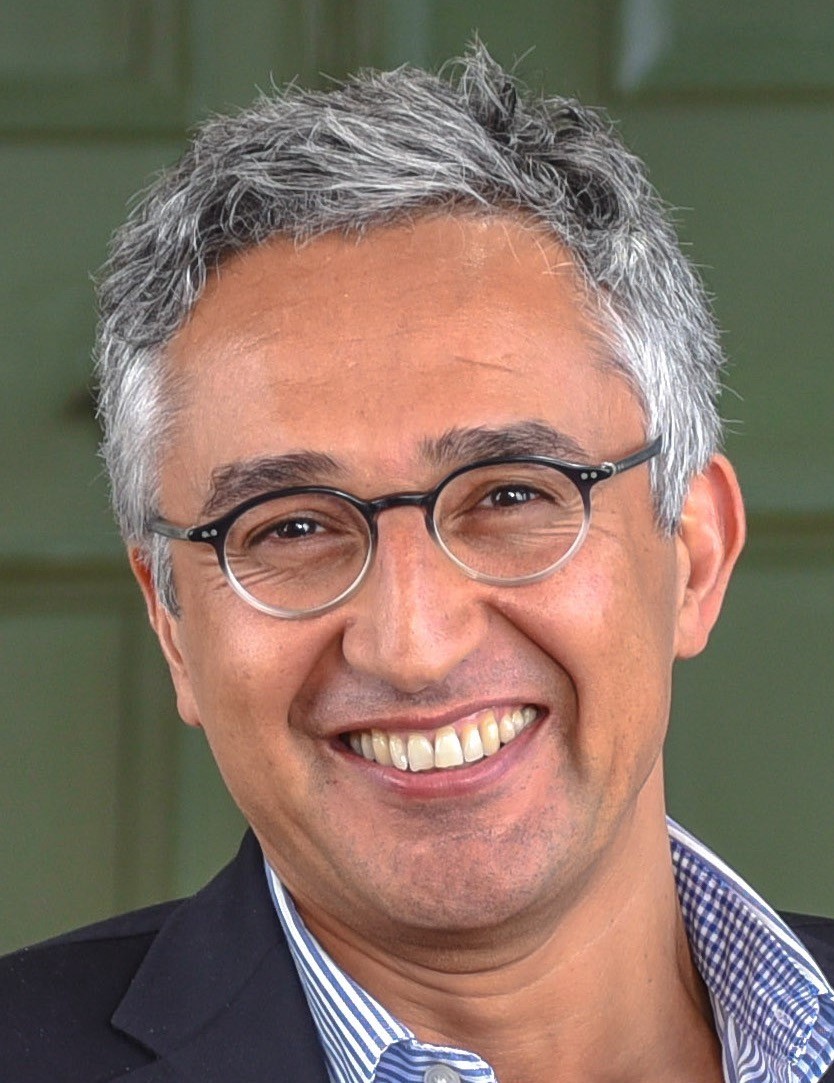武汉光电论坛第153期

报告题目:光与物质相互作用的效率:从纳米量子光学到纳米生物光子学
Efficiency in The Interaction of Light and Matter: From Nano-quantum Optics to Nanobiophotonics
时 间:2019年4月3日16:00-18:00
地 点:光电国家研究中心A101
报 告 人:Prof. Vahid Sandoghdar,德国马克斯普朗克学会光学研究所
邀 请 人:陈学文 教授
报告人简介:
Vahid Sandoghdar教授分别于1987年和1993年在加州大学戴维斯分校和耶鲁大学获得物理学学士学位和博士学位。在法国巴黎高等师范学院博士后研究之后,他来到德国康斯坦茨大学独立开辟了新的研究方向——将单分子光谱学、扫描探针显微术和量子光学相结合。2001年,他在瑞士苏黎世联邦理工学院物理化学实验室获得讲席教授职位;2011年,他受聘成为新成立的位于埃尔朗根的马克斯普朗克学会光学研究所主任, 同时获聘德国“洪堡教授”,任教埃尔朗根-纽伦堡大学。作为发起人,他推动马普学会、埃尔朗根-纽伦堡大学和大学医院成立了物理与医学研究中心,这一研究中心旨在利用物理和数学的方法解决医学研究中的基础性问题。
Sandoghdar教授是纳米光学的奠基人之一,融合各种技术和研究领域来探究在纳米尺度下光与物质相互作用的基本物理现象。他目前的研究方向涵盖了量子光学,表面等离子激元、超高分辨率显微术和纳米生物物理学。
Biography:
Vahid Sandoghdar obtained his B.S. in physics from the University of California at Davis in 1987 and Ph.D. in physics from Yale University in 1993. After a postdoctoral stay at the Ecole Normale Supérieure in Paris he moved to the University of Konstanz in Germany, where he started a new line of research to combine single molecule spectroscopy, scanning probe microscopy and quantum optics. In 2001, he accepted a chair at the Laboratory of Physical Chemistry at ETH in Zurich, Switzerland. In 2011, he became director at the newly established Max Planck Institute for the Science of Light in Erlangen and Alexander von Humboldt Professor at the University of Erlangen-Nuremberg in Germany. He is the founder of the new Max-Planck-Zentrum für Physik und Medizin, a joint research center that aims to address questions in fundamental medical research with physical and mathematical methods.
Sandoghdar is one of the founders of the field of Nano-Optics, which merges various methods and research areas to investigate fundamental issues in the interaction between light and matter at the nanometer scale. His current research ranges from quantum optics, plasmonics and ultrahigh resolution microscopy to nanobiophysics.
报告摘要:
纳米尺度光与物质的相互作用是诸如吸收、辐射、散射等基础光学过程的核心问题。在过去的二十年中,我们实现了一系列的实验来以可控的方式研究单光子、单分子、单纳米颗粒之间的相互作用。本次报告中,我将会展示我们实现的单光子和单分子接近100%效率的耦合的相关实验研究。同时,我还会阐述一些基本物理机理是如何在量子光学中发挥重要作用的,例如,干涉,它可以帮助我们以很高的空间和时间分辨率来探测诸如病毒,小蛋白质分子等生物纳米物质。
Abstract:
Light-matter interaction at the nanometer scale lies at the heart of elementary optical processes such as absorption, emission or scattering. Over the past two decades, we have realized a series of experiments to investigate the interaction of single photons, single molecules, and single nanoparticles in a controlled fashion. In this presentation, I will report on recent studies, where we reach near-unity efficiency in the coupling of single photons to single molecules. Furthermore, I will show how the underlying mechanisms that play a central role in quantum optics, e.g. interference, help detect single biological nanoparticles such as viruses and small proteins with high spatial and temporal resolutions.
武汉光电论坛是武汉光电国家研究中心倾力打造的公益性高端学术系列讲座,共享光电知识盛宴,诚邀您的参与!
第100期起报告视频,访问http://www.wxbgt.com/,搜索“武汉光电论坛”字样
第71-99期报告视频,访问http://mooc.chaoxing.com/course/2018895.html
更早期视频参见 /hust/mu_wnlo/mu_whof/
或直接下载超星APP“学习通”,在首页搜索“武汉光电论坛”